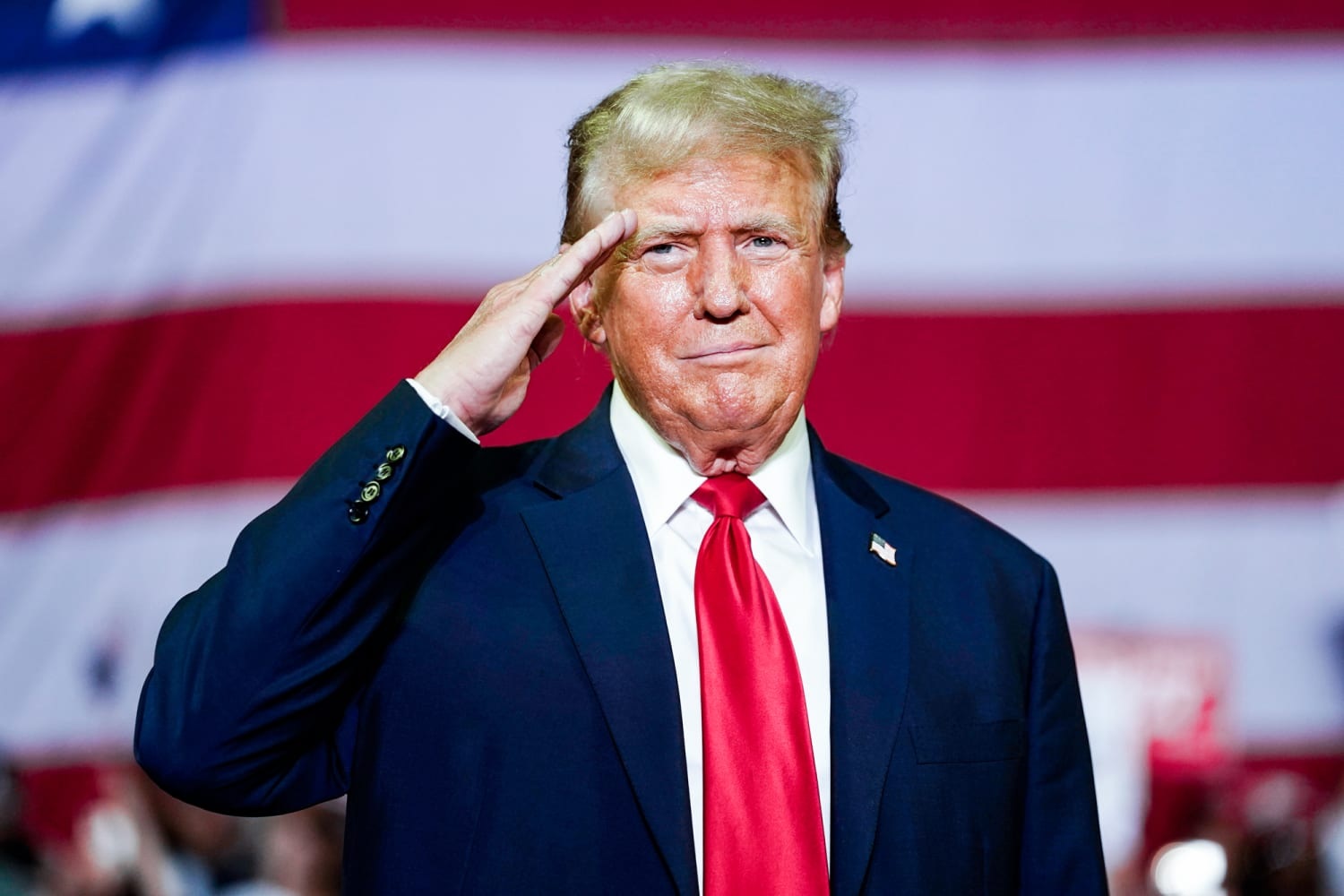Tensions are rising in Washington following a stark contradiction between former U.S. President Donald Trump and the Pentagon over the effectiveness of a recent U.S. airstrike campaign targeting Iran’s nuclear infrastructure.
Last week, the United States launched coordinated strikes on key Iranian nuclear sites at Fordow, Natanz, and Isfahan.
Trump has hailed the operation as a historic military success, claiming that it resulted in the total destruction of Iran’s nuclear program.
However, multiple U.S. media outlets, citing an initial assessment from the Pentagon’s Defense Intelligence Agency (DIA), report a more cautious conclusion.
The conclusion is that Iran’s uranium enrichment capabilities may have survived largely intact.
According to The New York Times, The Washington Post, and CNN, who cited anonymous officials familiar with the DIA’s classified findings—the strikes, while damaging, likely set Iran’s nuclear program back by only a few months.
One source reportedly told CNN that Iran’s enriched uranium stockpile had been moved in advance, and that most centrifuges remained functional or were only partially damaged.
Despite these assessments, Trump has forcefully pushed back, dismissing the reports as politically motivated misinformation.
“Fake news CNN, together with the failing New York Times, have teamed up in an attempt to demean one of the most successful military strikes in history,” Trump posted on Truth Social, the platform he founded.
“The nuclear sites in Iran are completely destroyed!” he wrote, doubling down on his original claim.
When questioned by reporters about Iran’s potential to rebuild its program, Trump insisted that the damage was beyond repair.
“That place is under rock. That place is demolished,” he said, referring to the deeply buried Fordow facility.
The White House echoed Trump’s stance, with Press Secretary Karoline Leavitt outright rejecting the DIA assessment.
“Everyone knows what happens when you drop fourteen 30,000-pound bombs perfectly on their targets: total obliteration,” she told CNN.
Adding to the chorus of dismissals, Steve Witkoff, the U.S. Special Envoy to the Middle East, asserted that the three main nuclear sites had been crippled.
“Most, if not all, of the centrifuges were damaged or destroyed,” Witkoff said during an interview with Fox News.
“In my view, and in the view of many other experts who’ve seen the raw data, it will take years for Iran to rebuild.”
He also condemned the leaks of the DIA report as a national security threat.
“The leaking of this classified intelligence is nothing short of treasonous,” he stated.
“It ought to be investigated. And whoever is responsible should be held accountable.”
The divergent narratives underscore the broader political and strategic stakes surrounding the U.S. strike on Iran, especially in a highly polarized Washington.
As Trump mounts another presidential campaign, the operation is being presented by his allies as a defining foreign policy achievement, potentially bolstering his credentials with voters.
Meanwhile, analysts suggest that an “information war” is emerging in real time.
Reporting from Washington, Al Jazeera’s Shihab Rattansi noted that the leak of a preliminary assessment may be part of an internal political struggle.
“There are clearly figures in Washington who are very keen to leak this Defense Intelligence Agency bombing assessment,” he said.
The White House has since issued a press release accusing unnamed individuals of trying to “discredit the brave fighter pilots who conducted a perfectly executed mission.”
Beyond the political maneuvering in Washington, the global implications are considerable.
If Iran’s nuclear capabilities remain intact or are only temporarily disrupted, the risk of further escalation looms.
On the other hand, if Trump’s claims of a successful long-term setback prove true, the strike could mark a significant turning point in U.S.-Iran relations and the future of nuclear diplomacy in the region.
As experts wait for more definitive intelligence and satellite imagery to emerge, the credibility of the operation and the broader narrative surrounding it, remains uncertain.
For now, the world is left watching a familiar contest: a high-stakes geopolitical crisis playing out simultaneously on the battlefield and in the media.







